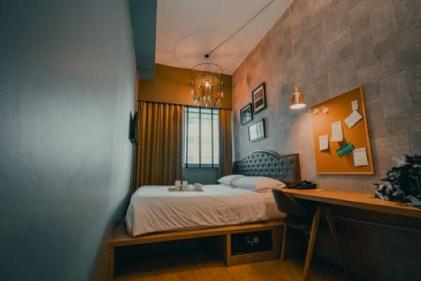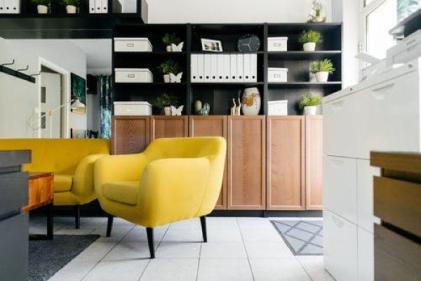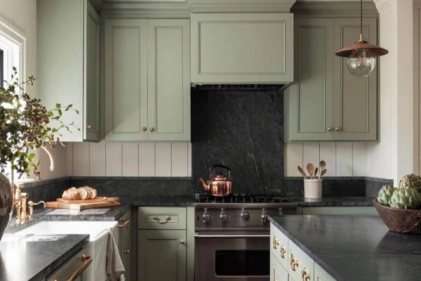
Oil, Gas and Solid fuel Appliances
Deal with a reputable outlet when purchasing appliances
- LPG or natural gas appliances should always carry the CE mark
- Read instruction manuals carefully for your appliance
- If you are moving house, leave the instruction manual for any appliance you are not taking with you.
- Service appliances annually to make sure they are working safely and efficiently
If you are concerned that an appliance is not operating safely, or your appliances are not in good condition, arrange to have a safety inspection carried out.
Carbon monoxide related appliance safety notifications are published on www.carbonmonoxide.ie
While most people will understand the importance of exercising caution regarding an appliance, many overlook other potential sources of carbon monoxide poisoning including:
Barbecues
There have been instances of deaths due to carbon monoxide poisoning from barbecues. Whether using a disposable, gas or charcoal barbecue, ensure that you use it safely and follow these essential tips:
- Never bring a barbecue indoors or under cover (for example under an awning or tent).
- Never leave a barbecue unattended while still lit.
- Use appliances according to the instruction manual.
- If using a barbecue in a campsite, operate at a safe distance from your tent and make sure that the area is well ventilated.
Barbecues can continue to produce carbon monoxide even after they appear to have gone out.
Mobile Gas Heaters (L.P.G.)
Carbon monoxide can be produced if mobile gas heaters are used when damaged or faulty. If the bricks at the front of the heater become damaged or if the retaining cement is missing, the appliance will need to be immediately repaired by a certified service engineer. The heater should never be used if you suspect that the heater is in a damaged condition.
Wood Pellet Boilers
Wood or Biomass Pellet Boilers are sometimes used in homes in place of oil or gas fired boilers. The fuel source for these boilers is wood pellets, which are housed in a hopper or tank that is connected to the boiler. Like other fuels, the burning of wood pellets can produce carbon monoxide, however unlike other fuels, wood pellets can also produce carbon monoxide even without combustion due to the natural oxidation of resins in the wood. Dangerous levels can build up in poorly ventilated locations where large amounts of pellets are stored. The following should be observed by anyone operating a wood pellet boiler:
- Never place your head into the wood pellet tank as toxic gases can be contained within.
- The wood pellet tank should be installed by a competent and reputable installer.
- The boiler should be serviced by a competent person as often as the instructions recommend.
- The boiler room and storage location should be kept well ventilated at all times.
- If you suspect that the unit is faulty, you should switch it off and seek immediate assistance.
Fires, Stoves and Chimneys
Chimneys should be swept annually as they can easily become blocked over time. Nesting birds in the chimney can cause blockages which prevent gases caused by the fire from leaving the building. In addition to cleaning the chimney, you should also have guards fitted on the chimneys to prevent the nesting of birds.
Only burn the correct fuel for your fire or stove. If you are burning wood, ensure it is kiln dried or properly seasoned. If wood contains too much moisture, it can cause a build-up of residues in the chimney or flue which can lead to a blockage or chimney fire. Never burn rubbish in a fire or stove as it can also cause a blockage and can also give off highly toxic fumes.
If you are considering installing a wood or solid fuel burning stove, ensure it is installed by a reputable and competent installer.
LPG and Natural Gas Appliances
Contact a Registered Gas Installer (RGI). Local listings can be found at www.rgii.ie or by contacting RGII on 1850 454 454
Solid Fuel Appliances
Contact your fuel supplier
Oil Appliances
Contact a qualified technician such as an OFTEC Registered Technician on (01) 864 5771 or visit www.oftec.org
For further information call: 1850 79 79 79 or visit www.carbonmonoxide.ie



